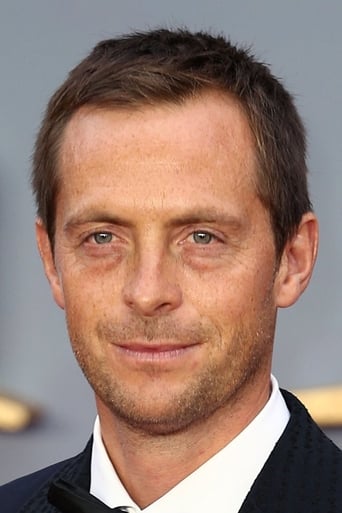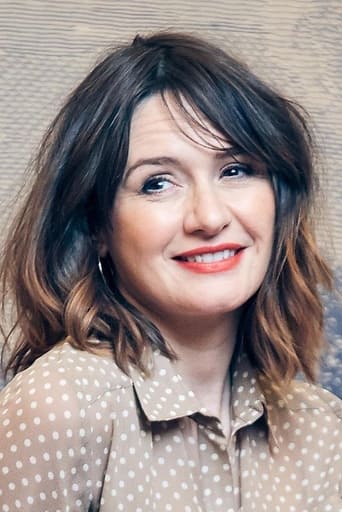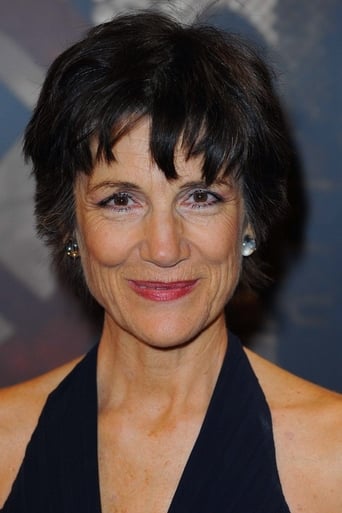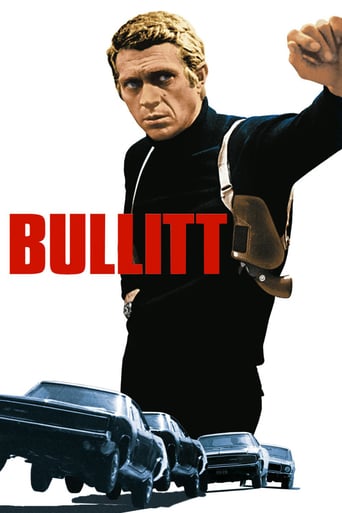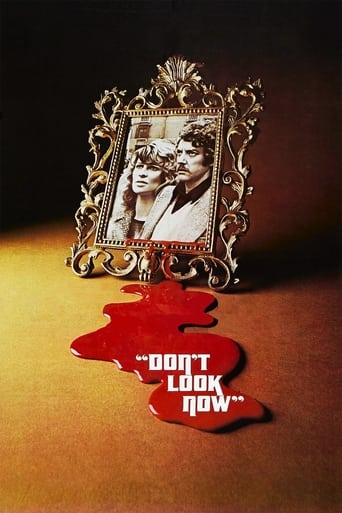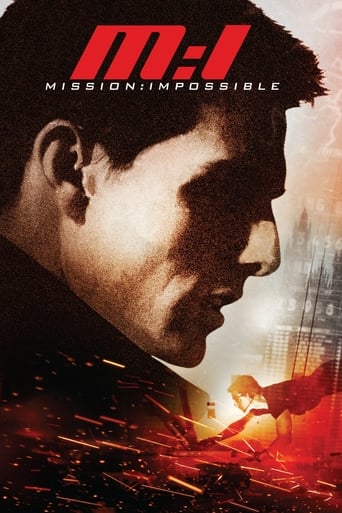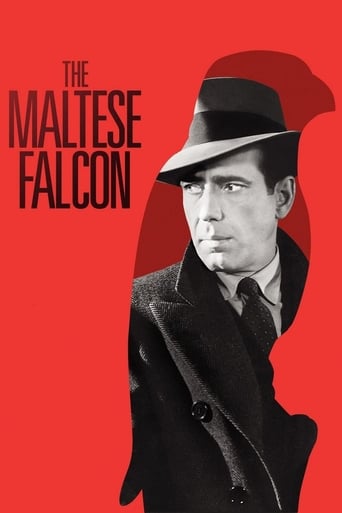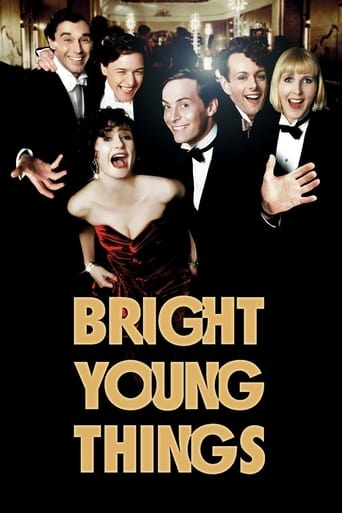
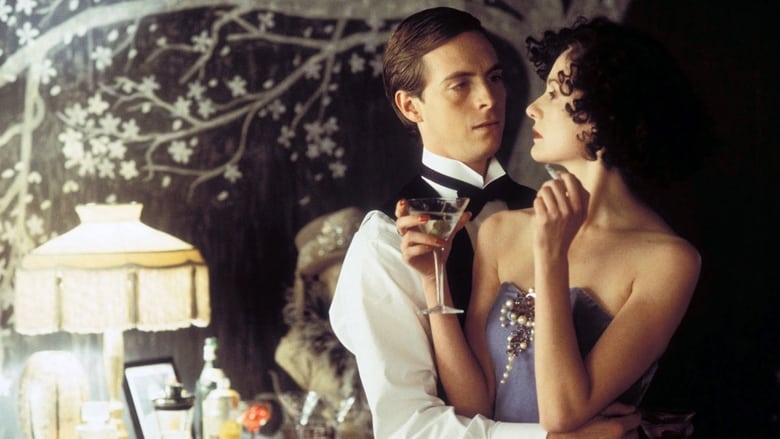
 Watch Now
Watch Now






Bright Young Things (2003)
 Watch Now
Watch Now






In the 1930s, a social set known to the press – who follow their every move – as the “Bright Young Things” are Adam and his friends who are eccentric, wild and entirely shocking to the older generation. Amidst the madness, Adam, who is well connected but totally broke, is desperately trying to get enough money to marry the beautiful Nina. While his attempts to raise cash are constantly thwarted, their friends seem to self-destruct, one-by-one, in an endless search for newer and faster sensations. Finally, when world events out of their control come crashing around them, they are forced to reassess their lives and what they value most.
Watch Trailer
Cast


Similar titles
Reviews
Too much of everything
Excellent but underrated film
Bad Acting and worse Bad Screenplay
It's a movie as timely as it is provocative and amazingly, for much of its running time, it is weirdly funny.
I began to fear that this film would be a travesty of Waugh's superb novel when I saw Stephen Fry doing promotional interviews for it in which he claimed that the reason Waugh's title had been changed was because Waugh had actually wanted to call the book "Bright Young Things" but had been dissuaded by his publisher. Balderdash, of course. Obviously, some ill-read fellow in the film business had expressed the view that the title "Vile Bodies" suggested a horror film - perhaps about a depraved coroner? - rather than a sharp satirical comedy. Still, this annoyingly foolish pretence didn't quite prepare me to expect a film quite as awful as this one actually is. Fry seems to have no understanding of Waugh's novel at all, and even transposes it from the 1920s - the actual era of the "bright young things" - to the 1930s, when the absurdities of the rich, in an era of worldwide economic depression, were considerably less tolerated. The entirely fictitious and unspecified war which breaks out at the end of the book becomes World War II - even though Waugh's novel predates that conflict by nine years! Could it be that Fry didn't actually know this? The relentless cheapening of Waugh's fine satire is made worse by the employment of a large number of the best actors in Britain (not to mention Dan Aykroyd and Stockard Channing from America), most of whom are wasted - none more so than John Mills, in his last movie - and many of whom are encouraged by tyro director Fry to over-act irritatingly. Only Fenella Woolgar and David Tennant seem to have actually read the novel, or anything else by Waugh. The novel is, after more than eighty years, still as sharp as a razor; this film seems as shallow, empty and stupid as its characters.
As one of the best assets humanity can boast to count among itself, Stephen Fry has delighted the world across a vast array of media, firmly establishing himself as one of my very favourite entertainers. How then, you ask, could it have taken me so unforgivably long to sample his Bright Young Things?Having just penned the novel from which the film takes its name, Adam Symes is crestfallen to have it taken from him by customs as contraband literature. He returns to his life of yuppie indulgence (if indeed the film's '30s/'40s setting will permit the usage of that term) where he is variously delighted and disappointed by the tide-like fortunes of his financial situation, and the uncertainty concerning his ability to wed his beloved Nina.Beginning with an expository reporter attempting to gain access to a lascivious and drug fuelled party, Bright Young Things launches us into the wild party lifestyle of its central cast of characters. The cocaine and absinthe combinations proclaimed by Nina as boring impress upon us the extent of the inter-war indulgence of the London youth. Things are somewhat slow to start, though the positively delightful and flowery banter of Fry's script keeps us both amused and entranced by the language of the era. Humour comes spouting from the supporting cast: the likes of Fenella Woolgar and Michael Sheen lend more laughs than the main acts themselves, who are generally left to present the dramatic front of the movie. Without doubt the film's best factor is the scene in which the hopeful Symes visits his father-in-law-to-be, a crackpot lunatic played splendidly by Peter O' Toole. As the running time finds itself elapsed, the drama begins to more firmly announce its presence to us, the stakes yet again raised and the outcome looking ever more bleak. The problem is that this never reaches a sufficient and acceptable zenith. No point of conclusion is reached wherein the characters seem to transform beyond the horrid snobs they began life before our eyes as, a shame given the potential this may have had. Not, that is to say, that the characters are unlikeable. In spite of their vices they grow upon us and become endeared to us, though we look on like disappointed parents, hopefully awaiting the time when they will learn the folly of their ways and grow up, a time the film never presents, or at least not expressly enough. I understand the novel on which the film is based takes this more desired route, the film's distance from this perhaps the product of Fry's wishes to carve his own story. In any case, despite the slight disappointment of the lack of redemption, the film is consistent in its humorous and dramatic elements, which blend together to give a decent slice of entertainment.Almost certainly less good than it could and should have been, Bright Young Things feels like it fell at the last hurdle. That said, it was never at the front of the race. A perfectly competent debut from Mr Fry, one cannot disagree that the film holds its own.
"Bright Young Things" was a 2003 adaptation of Evelyn Waugh's classic novel "Vile Bodies," which was written in 1930 about British playboys and girls, idle rich children of the British upper class, in the giddy years before the world's Great Depression and World War II. The adaptation adds World War II to the story. Actually, the main protagonist is neither rich nor idle. He is a young novelist from the same upper class circle of friends. He is short of funds because a publisher had given him an advance on a novel that he couldn't deliver because it was confiscated by a customs official who considered it indecent. He does obtain some money but repeatedly shows a complete naiveté about keeping it. A perfect example of "a fool and his money are soon parted." That naiveté is hard to believe in an author who is successful enough for a publisher to have given him an advance on an unwritten novel. As an American in the 21st century, I found it difficult to be interested or empathetic to the characters or their behavior. The story just seemed irrelevant to our modern times. While the U.S. has a class of famous and/or wealthy people who live privileged lives, we do not have the class system that Britain did.I never read the novel, but reviews of it said it is a satire and very funny. I found no humor at all in the movie adaptation. I would not have guessed it was a satire.I found the acting good, particularly Fenella Woolgar as Agatha, a cocaine sniffing hedonistic socialite who loses touch with reality. But the script was just not interesting.
I have not read Waugh in years, and while this adaptation made me recall how much I enjoyed "Vile Bodies," the film does not do justice to the novel. The film is muddled and episodic, and requires the audience to do too much work. There is none of the subtlety here of a Woody Allen, for example, to reward us for remaining engaged amid the sloppy editing and choppy pacing. In fact, the excellent cast seems wasted, as does the novel itself. The movie brightens up during fleeting and sparkling party scenes that make us feel we are in London at a certain time -- though it's not clear what time that is. This adaptation pushes the hedonism of the 20s forward to the 30s (I believe the novel was published around 1930, whereas the movie seems to be set in the 30s). And the jazz score only reminded me what a cultural backwater London was at this time, relative to New York, where the Jazz Age and the real parties were in full swing. So, it doesn't work as a character-driven drama, and it's not a compelling portrait of the age. It is, however, perhaps worth seeing for some performances. We do not see enough of James McAvoy and Alec Newman, who are excellent. What a strange coincidence that both of these actors played the leads in the SciFi Channel's mini-series adaptations of the Dune novels.


